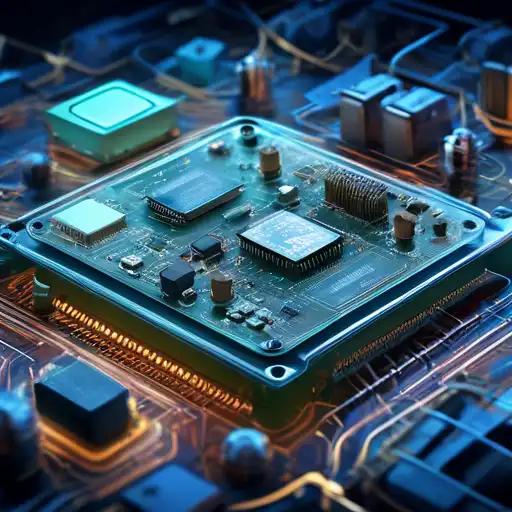The Hidden Power of Embedded Systems in Modern Smart Devices
Embedded systems are the cornerstone of today's smart devices, acting as the brains behind their functionality. From smartphones to smart refrigerators, these systems ensure that devices operate efficiently, intelligently, and autonomously. This article delves into the world of embedded systems, exploring their role, importance, and future in the realm of smart technology.
What Are Embedded Systems?
An embedded system is a dedicated computer system designed for specific control functions within a larger system. It is embedded as part of a complete device often including hardware and mechanical parts. Unlike general-purpose computers, which are designed to handle a wide range of tasks, embedded systems are optimized for their particular tasks, leading to increased efficiency and reliability.
The Role of Embedded Systems in Smart Devices
Smart devices rely on embedded systems to perform their tasks. These systems process inputs from the device's sensors, make decisions based on pre-programmed algorithms, and execute actions to achieve the desired outcome. For example, in a smart thermostat, the embedded system reads the temperature, compares it to the user's settings, and adjusts the heating or cooling system accordingly.
Key Components of Embedded Systems
- Microcontrollers: The heart of an embedded system, microcontrollers are compact integrated circuits designed to govern a specific operation in an embedded system.
- Sensors: These components gather data from the environment, such as temperature, light, or motion, which the system then processes.
- Actuators: Actuators convert the system's electrical signals into physical action, such as turning on a light or adjusting a motor's speed.
- Software: The software in embedded systems is tailored to the hardware it runs on, ensuring optimal performance and efficiency.
Why Embedded Systems Are Crucial for IoT
The Internet of Things (IoT) is a network of physical devices connected to the internet, collecting and sharing data. Embedded systems are the backbone of IoT, enabling devices to communicate with each other and perform complex tasks without human intervention. This interconnectivity is transforming industries, from healthcare to agriculture, by making devices smarter and more responsive.
The Future of Embedded Systems in Smart Technology
As technology advances, embedded systems are becoming more sophisticated. With the integration of artificial intelligence (AI) and machine learning, these systems can learn from data, predict outcomes, and make decisions with minimal human input. This evolution is paving the way for more autonomous and intelligent devices, further embedding these systems into the fabric of daily life.
Embedded systems are the unsung heroes of the smart device revolution. Their ability to perform specific tasks efficiently and reliably makes them indispensable in today's technology-driven world. As we move towards a more connected and automated future, the role of embedded systems will only grow, highlighting their importance in the development of next-generation smart devices.
